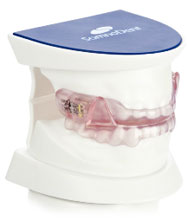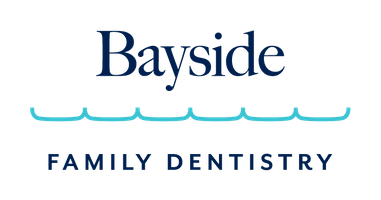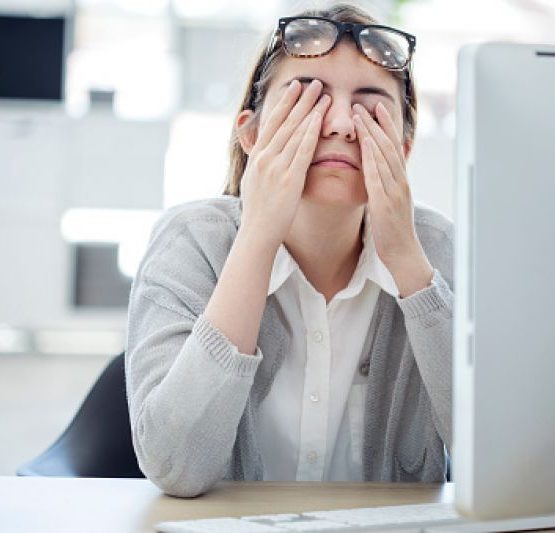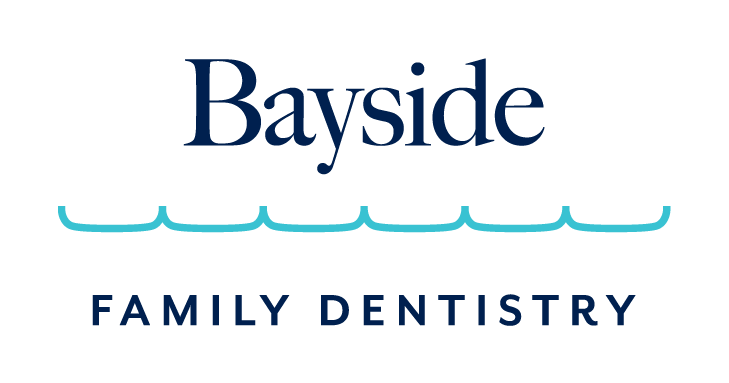What is Sleep Anpea?
Sleep Apnea is a serious disorder and potentially life-threatening. It occurs when breathing is interrupted during sleep.
Who can get Sleep Anpea?
Anyone can get Sleep Apnea.
In fact, 60% of men and 40% of women over 40 years of age have sleep apnea and don’t know it!
What sort of symptoms should I look out for?
There are several key symptoms to look out for, but there are many others. Generally. people who have this will:
- Repeatedly stop breathing
- Snore
- Repeatedly waking at night for no apparent reason
- Have daytime tiredness which leads to increase in all sorts of accidents and clumsiness.
What types of Sleep Apnea are there?
There are two major types of Sleep Apnea:
- Obstructive Sleep Apnea
This is the more common of the 2 and is caused by blockage of the airway, by the collapse of the soft tissues of the mouth and throat. - Central Sleep Apnea
The brain fails to signal for muscles to breathe.
How do I know if I have Sleep Apnea?
Look for these major symptoms:
- Choking, gasping or stopping breathing for long periods of time
- Repeatedly waking from sleep
- Feeling tired during the day
- Morning headaches
- Dry mouth
- Night time toilet breaks
- Irritability
- Difficulty in concentrating
Who is at risk from Sleep Apnea?
Anyone , that’s the scary thing! Those most at risk are:
- Overweight male over 40 years old
- Large neck circumference
- Large tongue or tonsils
- Small jaws
- Family history of sleep apnea
- Reflux
- Blocked nose ( deviated septum, allergies, or sinus)
Who does Sleep Apnea mean for my teeth?
Well, as you snore , the teeth grind against each other with ridiculously, heavy forces, called bruxism ( a whole other topic to discuss). The cheek muscles the masseters are one of the strongest muscles in the body and transfer the force to teeth. Long term, this may mean :
- Sore jaws and muscles
- Cracked , chipped and worn down teeth
- Future root canal treatments, crowns or even worse, a lost tooth or teeth
Sleep Apnea quick self assessment!
The Epworth Sleepiness Scale is used to determine the level of daytime sleepiness. It helps us establish your condition. You can use the standard questionnaire below. The scale to use is as follows:
0 = would never doze or sleep.
1 = slight chance of dozing or sleeping
2 = moderate chance of dozing or sleeping
3 = high chance of dozing or sleeping
Now, using those scores, score each of the following activities:
- Sitting and reading ____
- Watching TV ____
- Sitting inactive in a public place ____
- Being a passenger in a motor vehicle for an hour or more ____
- Lying down in the afternoon ____
- Sitting and talking to someone ____
- Sitting quietly after lunch (no alcohol) ____
- Stopped for a few minutes in traffic while driving ____
Now add all your scores up. The total score is your Epworth Sleepiness Scale score.
If you score 10 or more on this test, you should consider whether you are obtaining adequate sleep, need to improve your sleep hygiene and/or need to see a sleep specialist. The score guidelines are:
- 10 or more is considered sleepy
- 18 or more is very sleepy
Getting a professional Dentist’s opinion
After your self scoring, Dr Suzanne should be your first port of call to assess your risks of sleep apnea. She works closely with an Ear Nose Throat specialists in Melbourne Sleep Centre and will refer to them if she suspects sleep apnea, therefore a sleep test may be advisable. This is nothing at all to worry about people, no wires or monitors and it is done in the comfort of your own bed. After the test Suzanne will liaise with the ENT specialist to discuss the outcomes and treatment. It may involve:
- Surgery
- Cpap machine
- Specialised night time splint
- Combination of above
- None of above
Patients who Dr Suzanne has assessed and treated for sleep apnea, have claimed they didn’t know what it felt like to have a good night’s sleep, until now.
A quick assessment could save your teeth, but also your life! Big huh?
Call us now to book in with Dr Suzanne for your consult (03) 95894472.




